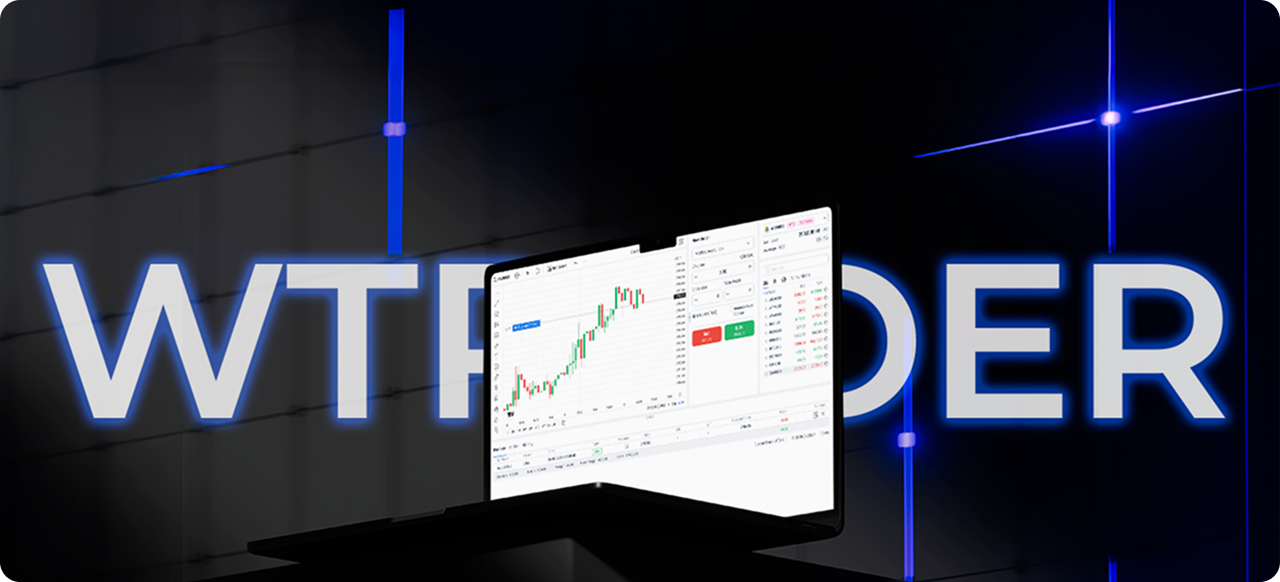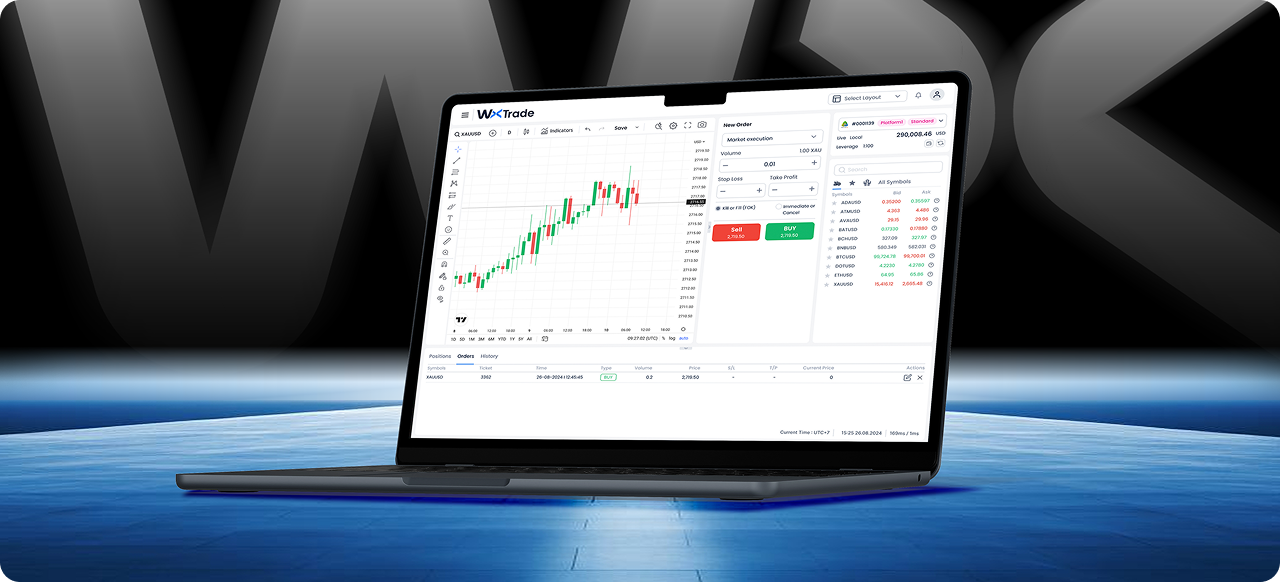Cryptocurrencies are on the way to become the world’s traded asset class as their popularity is rapidly gaining momentum among both traders and investors. When talking about crypto trading, users have two options to select: crypto brokers and crypto exchanges. Both options have a set of pros and cons. Here is why, what is the best solution for a crypto trader/investor and a business owner.
Key takeaways:
What are the differences between crypto brokers and crypto exchanges?
What is the best solution for a crypto trader?
Which option is the best one for a crypto investor?
What is the easiest way for a business owner to enter the crypto trading market?
Launching a crypto exchange and a crypto brokerage company: how much does it cost?
The Key Differences Between Crypto Brokers and Exchanges
To understand the key differences between a crypto broker and a crypto exchange, we need to understand first what is the role of each type and how it functions.
What is a Crypto Brokerage Company?
A crypto brokerage company acts like an intermediary between a crypto trader and a crypto market. Traders do not buy or sell digital currencies directly, they get access to CFD contracts instead.
CFD (Contract for Difference) is an agreement between a trader and a brokerage company. When users decide to close a deal, they get the difference if the underlying asset’s price moves in the right direction or pay the difference if its price goes in the opposite direction.
Let’s dive into such an agreement deeper. For instance, a trader signed up for a brokerage company and needs to buy 10 ETH ($2700 per one coin). He needs to understand the price movement he predicts – let’s pretend that a trader is waiting for the asset’s growth in the near future.
A trader opens a long position for 10 ETH which means that he “kind of” bought it. In fact, a trader doesn’t get any Ethereum tokens on his balance.
A CFD contract remains open until a trader decides to close the position.
A brokerage company compares the current price of the underlying asset with the price at the moment of opening the position.
For instance, the price of Ethereum was $2700 per coin and now the asset is traded at $3100. A trader gets the difference ($400 * 10 = $4000) on his balance. When the Ethereum price is $2500, a brokerage company takes the difference ($200 * 10 = $2000) as compensation.
The mechanisms of how CFD contacts work is exceptionally easy to understand.

Cryptocurrencies are on the way to become the world’s traded asset class as their popularity is rapidly gaining momentum among both traders and investors. When talking about crypto trading, users have two options to select: crypto brokers and crypto exchanges. Both options have a set of pros and cons. Here is why, what is the best solution for a crypto trader/investor and a business owner.
Key takeaways:
What are the differences between crypto brokers and crypto exchanges?
What is the best solution for a crypto trader?
Which option is the best one for a crypto investor?
What is the easiest way for a business owner to enter the crypto trading market?
Launching a crypto exchange and a crypto brokerage company: how much does it cost?



